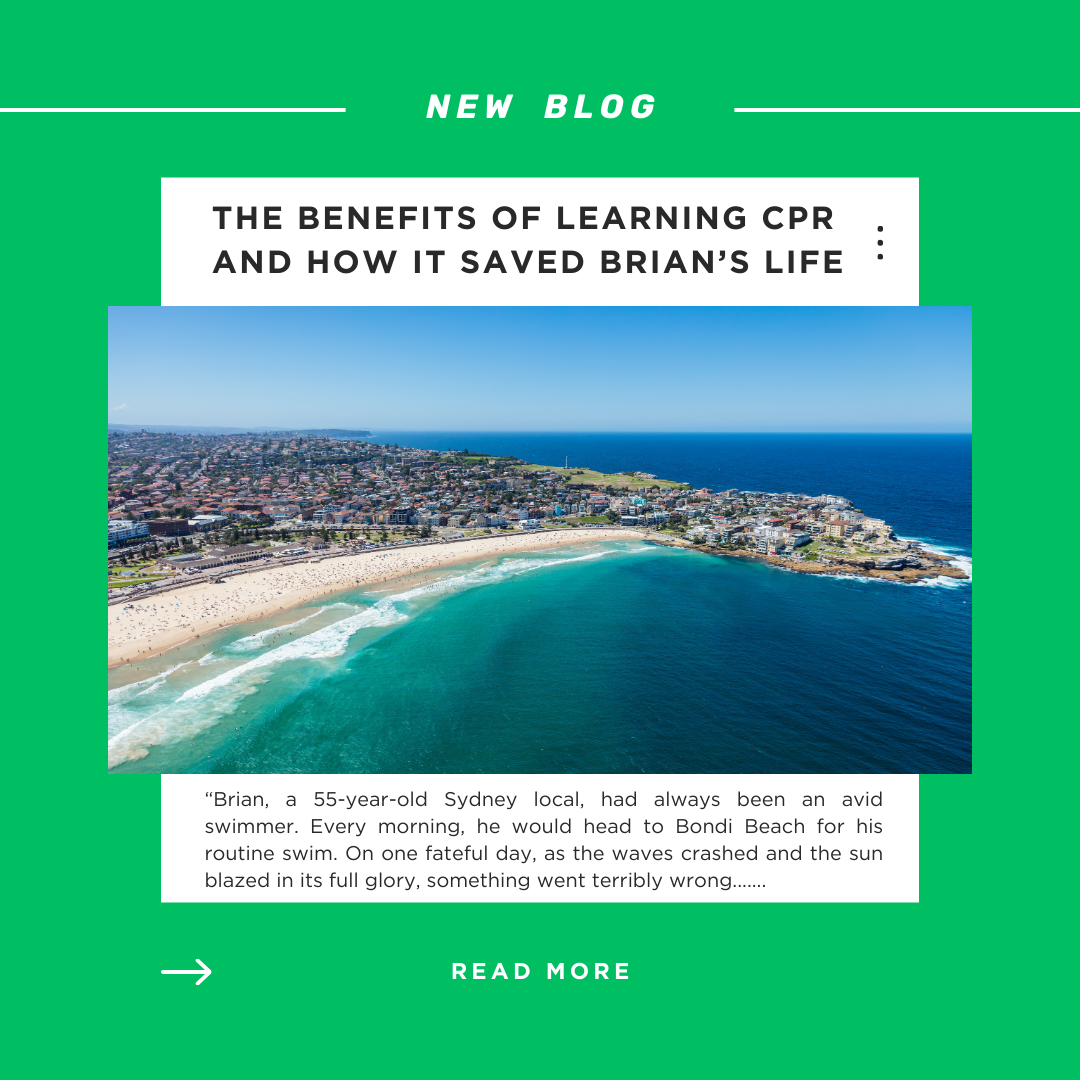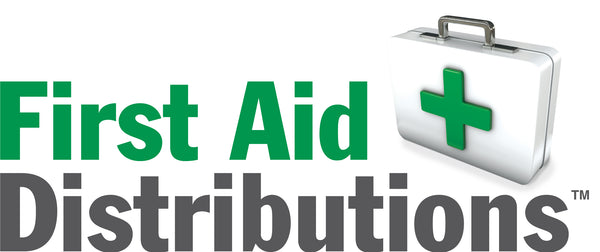FREE FREIGHT AUSTRALIA WIDE FOR ORDERS OVER $200

The Benefits of Learning CPR and How It Saved Brian’s Life
Australia, known for its vast landscapes and breathtaking beaches, is also home to countless stories of bravery, quick thinking, and community spirit. Among these tales, the story of Brian stands out as a testament to the power and importance of CPR (Cardiopulmonary Resuscitation). Drawing from the guidelines of the Australian Resuscitation Council, let's dive into the incredible benefits of learning CPR, and how it can be the difference between life and death.
Brian's Close Call
Brian, a 55-year-old Sydney local, had always been an avid swimmer. Every morning, he would head to Bondi Beach for his routine swim. On one fateful day, as the waves crashed and the sun blazed in its full glory, something went terribly wrong. Brian suffered a sudden cardiac arrest while swimming.

Luckily, a fellow swimmer, Jordan, noticed him struggling and quickly dragged him to shore. Without hesitation, he started performing CPR, recalling the guidelines he had learned as a former lifeguard. As the seconds ticked away, each chest compression and rescue breath became vital. By the time the paramedics arrived, Brian was breathing again, all thanks to Jordan’s timely intervention and his knowledge of CPR.
Why Everyone Should Learn CPR
- Immediate Action Can Be Life-saving: As seen in Brian's case, the first few minutes after a cardiac arrest are crucial. Immediate CPR can double or even triple the chances of survival.
- Empowerment in Emergencies: Knowing CPR equips you with the confidence and skills to take action when it matters the most.
- CPR Provides Essential Support: In the absence of a pulse or normal breathing, CPR ensures the brain continues receiving oxygen-rich blood, preventing potential brain damage.
- It Strengthens Community Bonds: The more individuals in a community who are trained in CPR, the safer that community becomes.

Key Insights from the Australian Resuscitation Council:
- If you're unsure about the situation, it's always better to initiate CPR.
- For those apprehensive about giving mouth-to-mouth, performing chest compressions alone is still highly beneficial.
- Automated External Defibrillators (AEDs) can significantly boost survival rates. If one is available, use it in conjunction with CPR.
In Conclusion:
Brian's story is not just a tale of survival but a testament to the power of community, knowledge, and timely action. It's a reminder that emergencies can strike anywhere, anytime. Being equipped with CPR skills, as advocated by the Australian Resuscitation Council, can make you a beacon of hope in such critical situations. So, take that CPR course, refresh your knowledge regularly, and be ready to make a difference when it matters the most.
